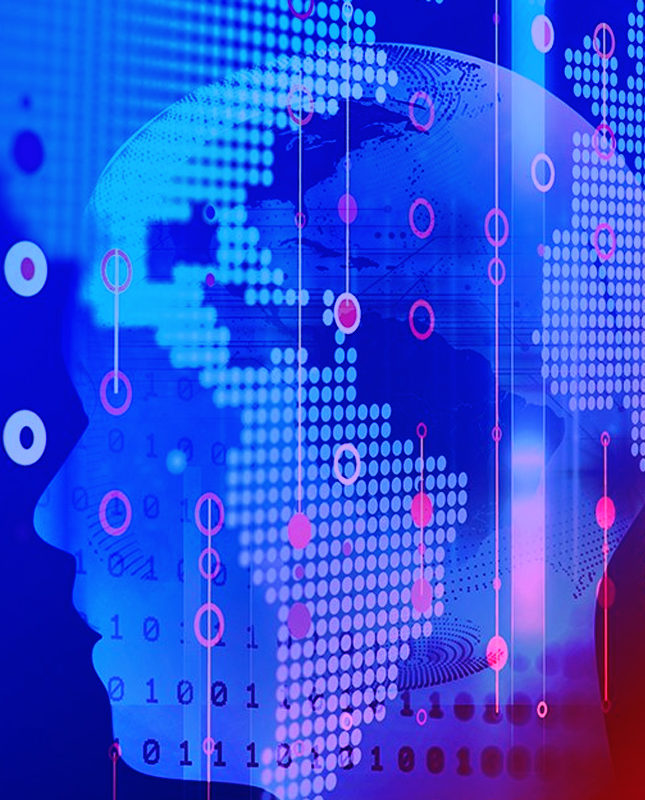
13 Apr Evolving Business Operations with AI and Machine Learning
What AI and Machine Learning allows you to do is find the needle in the Haystack
Bob Work
Technology is involved in almost every convenience you enjoy today. Intelligent automation has fundamentally changed the way personal and business issues are addressed.
Businesses, in particular, need to integrate automation, AI and machine learning (ML) into business operations. You are more likely to scale to meet your financial goals. More importantly, provide competent, problem-free and timely service to customers. Machine learning and Artificial intelligence are widely used in the world. Most of us interact in some way with artificial intelligence on a daily basis. Artificial intelligence, from the slight to the magnificent, has already disrupted approximately every business procedure in all business. As artificial intelligence technology soars, they’re becoming essential for companies who want to stay competitive.
What really are Al and ML
Artificial intelligence is not a substitute for human intelligence or ingenuity but is generally considered a support tool. Artificial intelligence struggles with all reasonable tasks around the world, but is much faster than the human brain and is good at processing and analyzing too much data. Artificial intelligence software can capture and display a series of synthesized actions to the user. In this way, you can use artificial intelligence to indicate the potential penalty of each action and create more efficient decision-making steps. Machine learning is often used in systems that release very large amounts of data. For example, smart energy management systems collect data from sensors attached to various assets. Second, the data store is contextualized by machine learning algorithms and delivered to human decision-makers to better understand energy usage and maintenance needs.
Roles of AI and ML in evolving business
The basic purpose of using AI is to recognize the data provided by the user (i.e. human intelligence) and work accordingly.
Use AI to understand information and elicit intelligent thinking. The financial services sector has long sought an end-to-end solution for the credit cycle. AI and ML condensed the entire lending process and strengthened customer agreements. All bottlenecks have been eliminated from the application, pre-screening, evaluation, approval, and loan settlement stages. AI can organize huge amounts of data and use them as needed. The result is an informed decision by the regulatory authority and quick access to the borrower’s funds. ML, on the other hand, saves labor and man-hours for businesses. ML performs credit analysis tasks in a large number of transactions. Cognitive computing technology in ML can also detect and predict fraud.
In addition to loan management, ML is used by other business units, such as funds and risk management, finance and customer service. Wealth Management’s Robot Advisor does not meet directly with human advisors.
The necessity is universally
Most industries require automation, AI, and machine learning. For example, Fintech start-ups use technology, which is integrated into their business models to compete with big banks. AI emphasizes appearance. The client works in the usual way. The rich millennial cannot predict the purchase of products and services throughout outdated business processes.
In this world, digital and experiential marketing techniques are replacing traditional media. AI is used for market research and brand strategy.
AI is also turning into the insurance industry, and claims are accelerating. Robots will almost instantly and permanently match personal care and wellness programs. Neuroscientists and robotics experts believe that social assistance robotics is a solution to address the shortage of medical professionals.
In fact, most companies are working with Robotic Process Automation (RPA) solution providers to reduce operating costs and improve service description.
Conclusion
The future is fast approaching, and artificial intelligence and machine learning are part of it. As this technology evolves, the world will see new startups, dozens of business applications, consumer use, job relocations and the creation of entirely new jobs. In addition to the Internet of Things, artificial intelligence can dramatically reshape the economy, but the exact impact is still unknown.
Xforia understands that Robotic Process Automation may not be your core business and often you may struggle trying to find solutions to your everyday process automation challenges.
